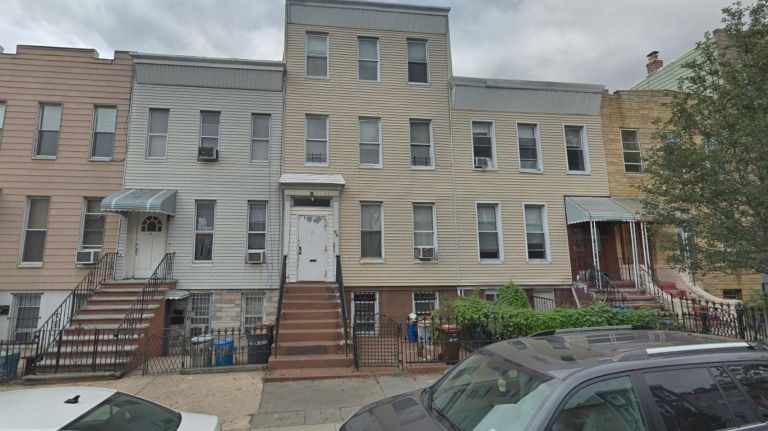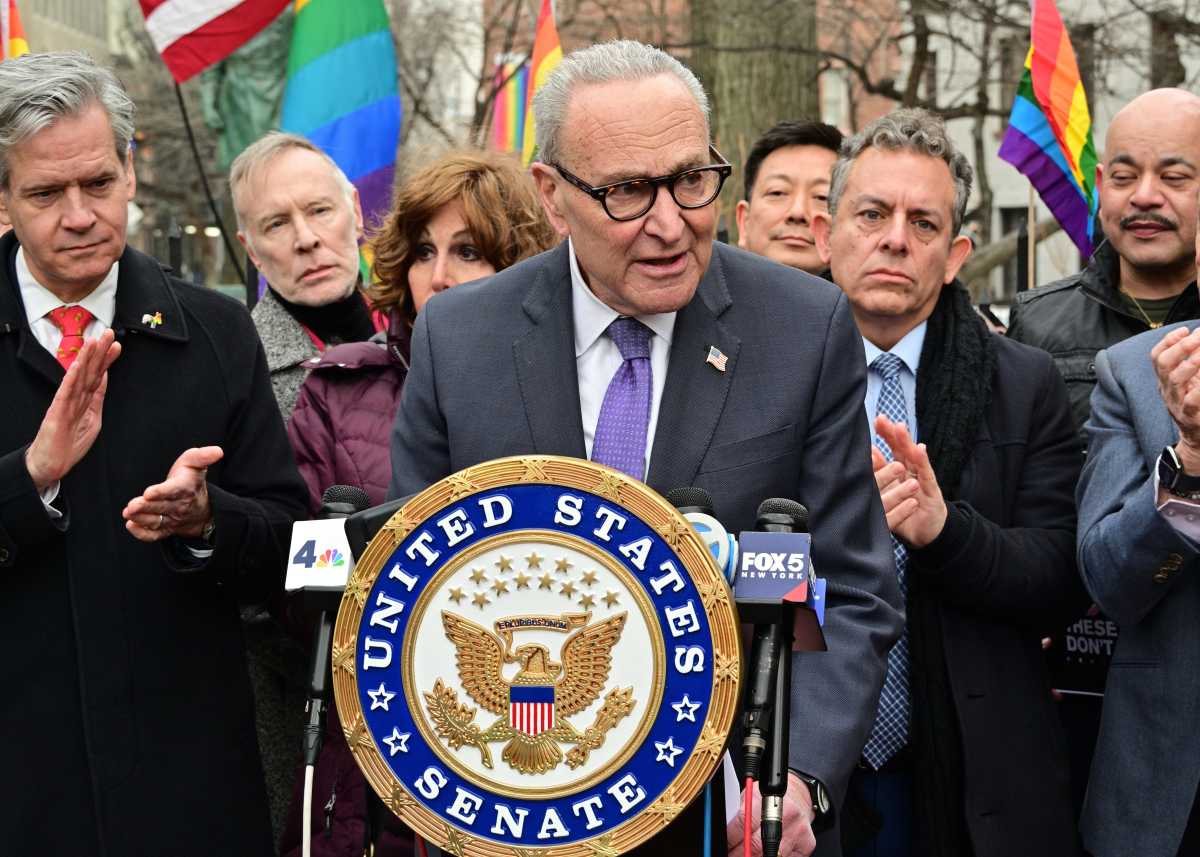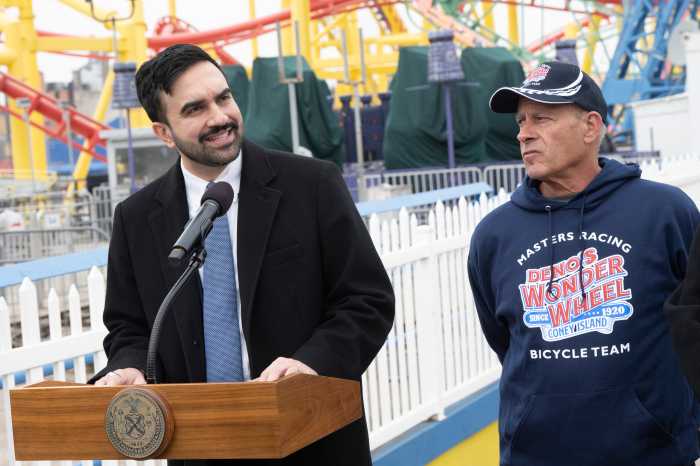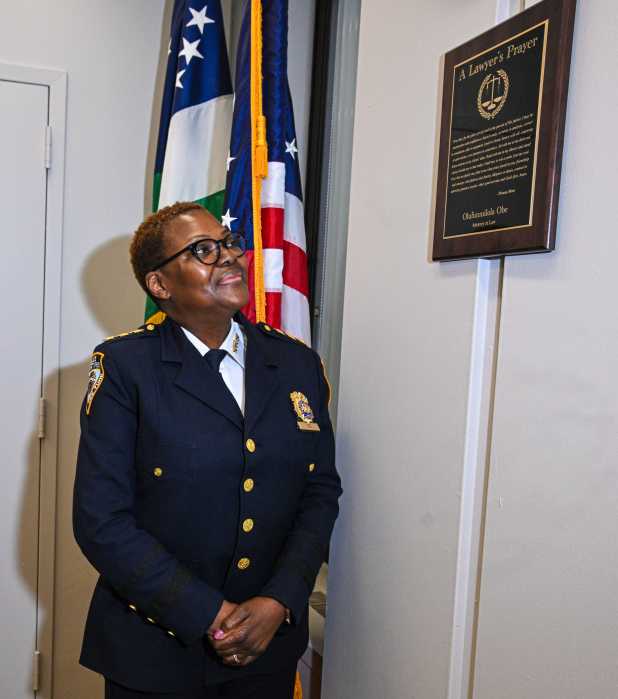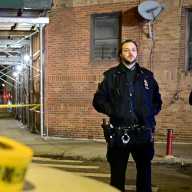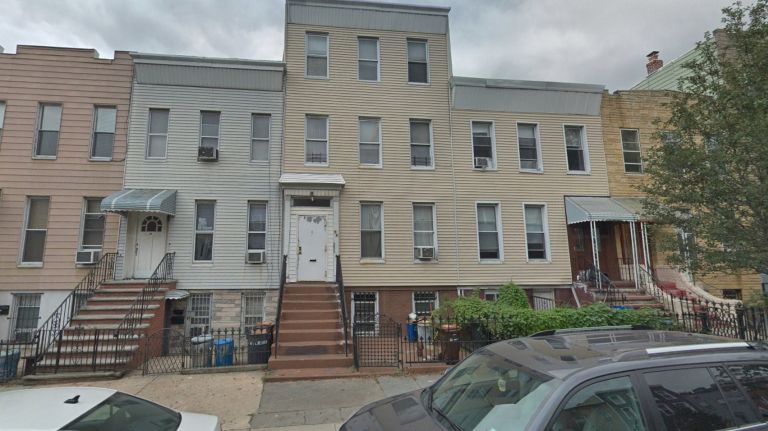
Preservationists on Tuesday packed into the Landmark Preservation Commission’s hearing to enthusiastically vouch for the landmark designation of six sites of historic and cultural significance to the LGBT community — but some say the commission is shunning a noted Brooklynite and gay icon by failing to recognize his home.
Activists and poets have renewed their yearslong push to win a landmark designation for Walt Whitman’s former Clinton Hill dwelling, though the agency stands by its proclamation that the home at 99 Ryerson St. doesn’t merit a designation. In light of the commission’s consideration of a spate of significant LGBT sites, activists argue that leaving out the “Leaves of Grass” poet seems like a glaring omission.
“One very obvious site of importance to the history of the LGBT community is missing from the list today,” said Brad Vogel, an author and poet on the board of directors of the Walt Whitman Initiative, after thanking the commission for considering the six sites on the agenda. “What about Walt?”
Roughly a dozen attendees at the commission’s hearing held up signs emblazoned with the words, “WHAT ABOUT WALT?!” among other pro-Whitman slogans. They’re not alone. More than 6,000 Whitman enthusiasts had signed a Change.org petition urging the designation as of Tuesday afternoon — and that number continues to climb.
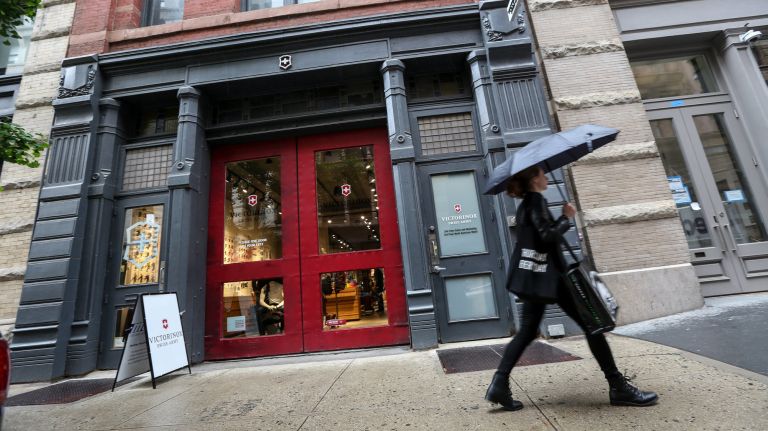
The petition, written by Vogel, argues that Whitman was living in the house in 1855 when his most famous work, “Leaves of Grass,” was published. It also states that while Whitman was notably transient and lived in over 30 New York residences at various points in his life, the Ryerson Street house is the only one of the structures still standing, adding an urgency to the need to preserve it.
The petition contains words of support from some notable wordsmiths, including famed author George Saunders, who called preserving the house a form of “cultural stewardship.” The Municipal Arts Society of New York in 2017 also issued a letter of support for the effort.
But the LPC in 2017 shot down the activists’ initial attempts — as reported by Brownstoner at the time, the commission argued that Whitman didn’t live in the house long enough to merit a designation.
And after Tuesday’s show of support, the commission is sticking to its guns. The LPC takes into account the length of time a building is attached to a significant figure when making its decisions, and Whitman and his family lived in the house for less than a year, the commission told AM New York. Additionally, the building has undergone a series of renovations since Whitman’s occupancy.
The latest push for an official recognition of the Ryerson Street house comes on the heels of Whitman’s 200th birthday, and amid a full agenda of sites significant to the LGBT community. The LPC on Tuesday heard presentations on behalf of structures that provided havens for both fun and activism when gay New Yorkers were still fighting for fundamental rights:

- the Caffe Cino at 31 Cornelia St., which held poetry readings and theater productions and served as a launchpad for pioneering queer talents;
- the Gay Activists Alliance Firehouse at 99 Wooster St., where activists in the 1970s planned protests and sit-ins;
- the Women’s Liberation Center at 243 West 20th St., which served as a headquarters for lesbian and feminist activists;
- and the Lesbian, Gay, Bisexual and Transgender Community Center at 208 West 13th St., which in the 1980s hosted community groups and activists.
Commissioners also heard presentations on the dwellings of two famous and influential gay authors, the James Baldwin Residence at 137 West 71st St. and the Audre Lorde Residence at 207 St. Paul’s Ave. in Staten Island.
The commission will vote on whether to grant those sites individual landmark designations on June 18.
Whitman enthusiasts insist the poet, who has recently drawn recognition as a gay icon, should have been included on that list.
“He is the father of American poetry, but he is also the first explicit gay poet,” said Gary Glazner, founder of the Alzheimer’s Poetry Project, during his testimony.



